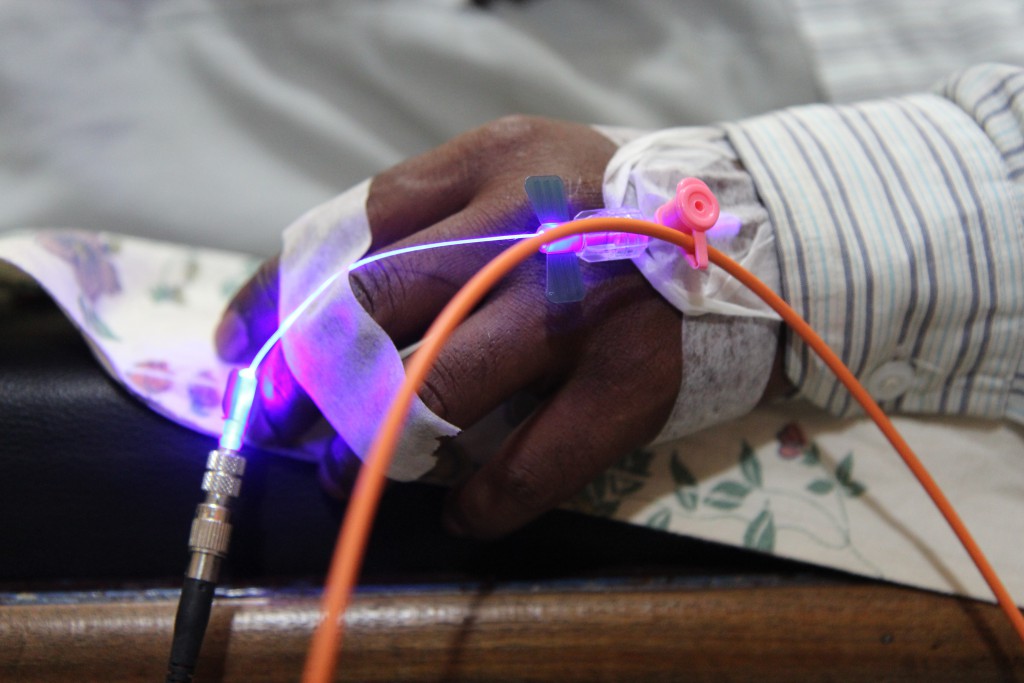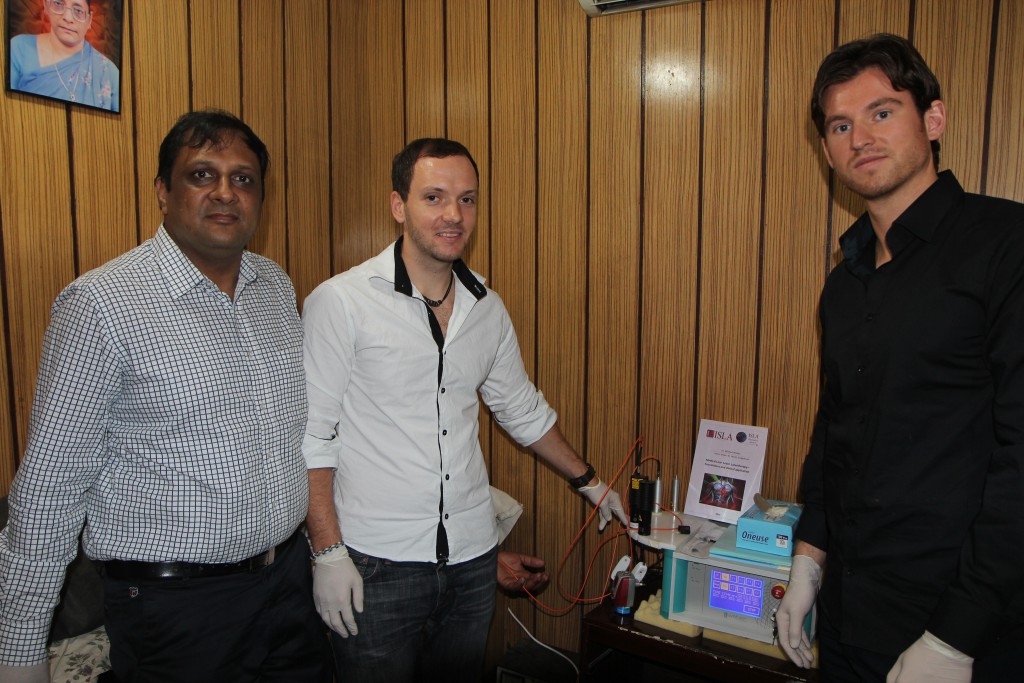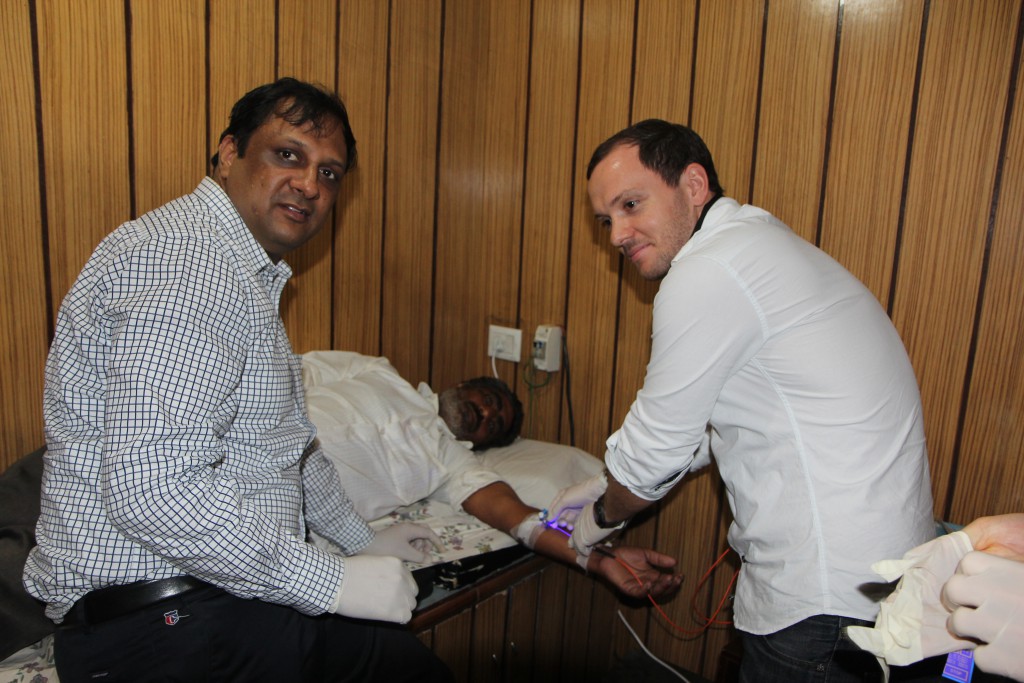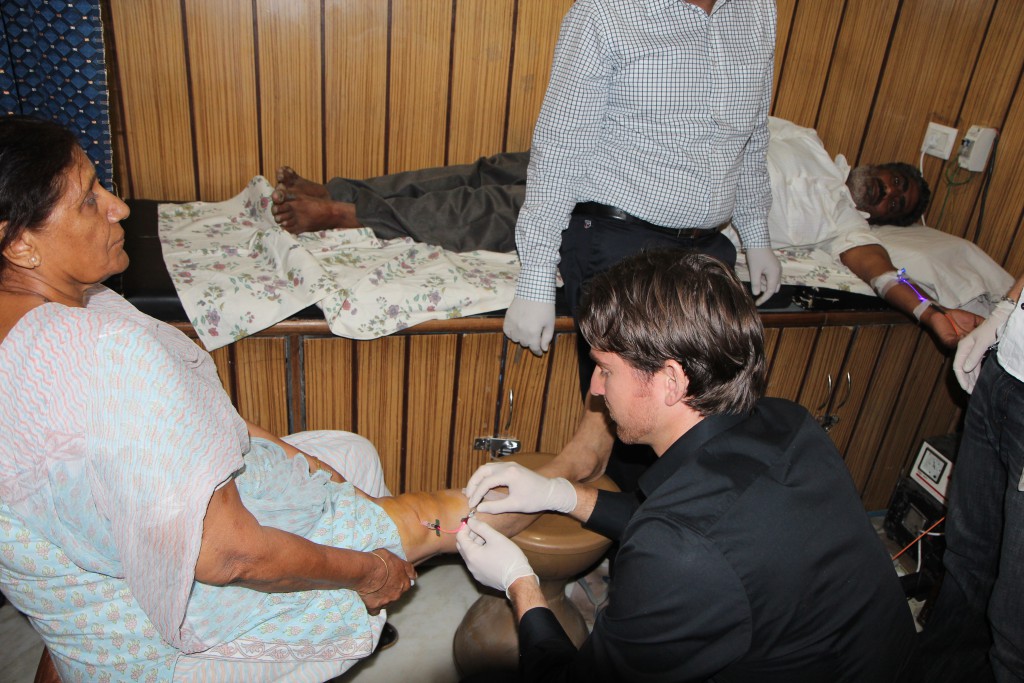Malaria pilot study in New Delhi / India
We are proud to announce that the ISLA Research Group has launched it´s first clinical study and the first clinical study world-wide employing aPDT in vivo!
Anti- microbial photodynamic therapy as a new treatment option for Malaria.
Location: Rudrapur, India.
Clinical partner: Dr. Himanshu Bansal
Study design:
– Treatment group: 50 patients receiving 3 anti- microbial photodynamic treatments (Riboflavin + 447nm blue laser) over a period of 5 days plus conventional treatments.
– Control group: 50 patients receiving conventional treatments only.
Results: coming soon!
Malaria Facts
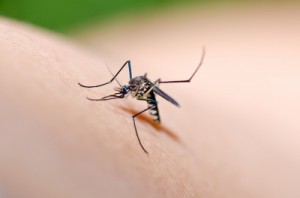
– Malaria is endemic in more than 90 countries
– 40% of the world population is at risk to be infected with malaria
– 10% of the world population gets sick each year with malaria
– 90% of all cases occur in Africa
– In 2010, more than 650 000 malaria patients died
– this equals one malaria dead in 45 seconds
– the most common age at death: 4 years
– up to 23% of African children are born with the malaria parasite
– 5% of African children are killed by malaria
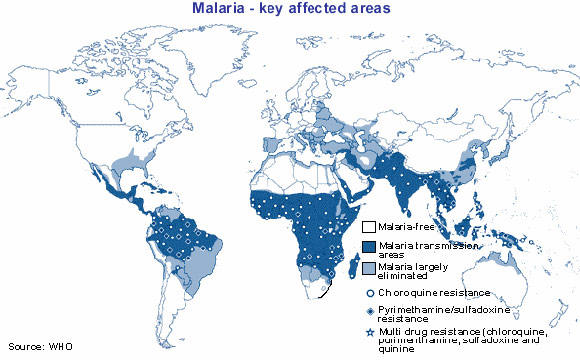
Our project
As malaria is probably the most fatal disease worldwide, the first milestone of the research group´s activities shall be set in the area of malaria treatment.
Therefore, the research group started to design a multi- annual research project which is supposed to result in an efficient and affordable treatment alternative for malaria patients. The nature of the application possibilities shall allow a broad implementation in areas which high malaria infection rates.
The project consists of two main phases:
During the in vitro phase (“labor- phase”), diverse photosensitizers will be tested regarding their ability to kill malaria parasites (see foundations of our work). Simultaneously, appropriate light sources – which have to be adjusted to the specific photosensitizers with regard to wavelength and intensity – will be identified. In this phase, the ISLA Research Group cooperates with the Pharmaceutical- Technological Institute of the Philipps Universität Marburg.
In phase two (in vivo phase), first exploratory field studies will be conducted on malaria patients.



